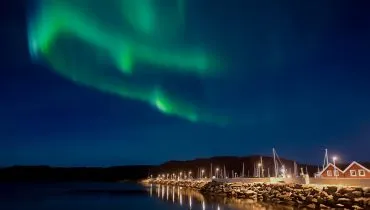Norway is a country of breathtaking glaciers and fjords and avid winter sport enthusiasts. Check out a traditional folk festival or one of Norway’s famous stave churches, which are among the oldest wooden buildings on earth. You might even get to see the spectacular aurora borealis, the northern lights.There is a strong sense of history and civic engagement and on special occasion some Norwegians wear traditional clothing, bunad. During the warm months Norwegians of all ages love to be outside, hiking, fishing and barbecuing are popular.
Young people in Norway are often involved in after-school activities such as sports, music, arts and crafts. Community organized activities, scouting, politics clubs and the Red Cross are also quite popular. And like most teens everywhere, weekends are for movies, parties or hanging out at cafes.

